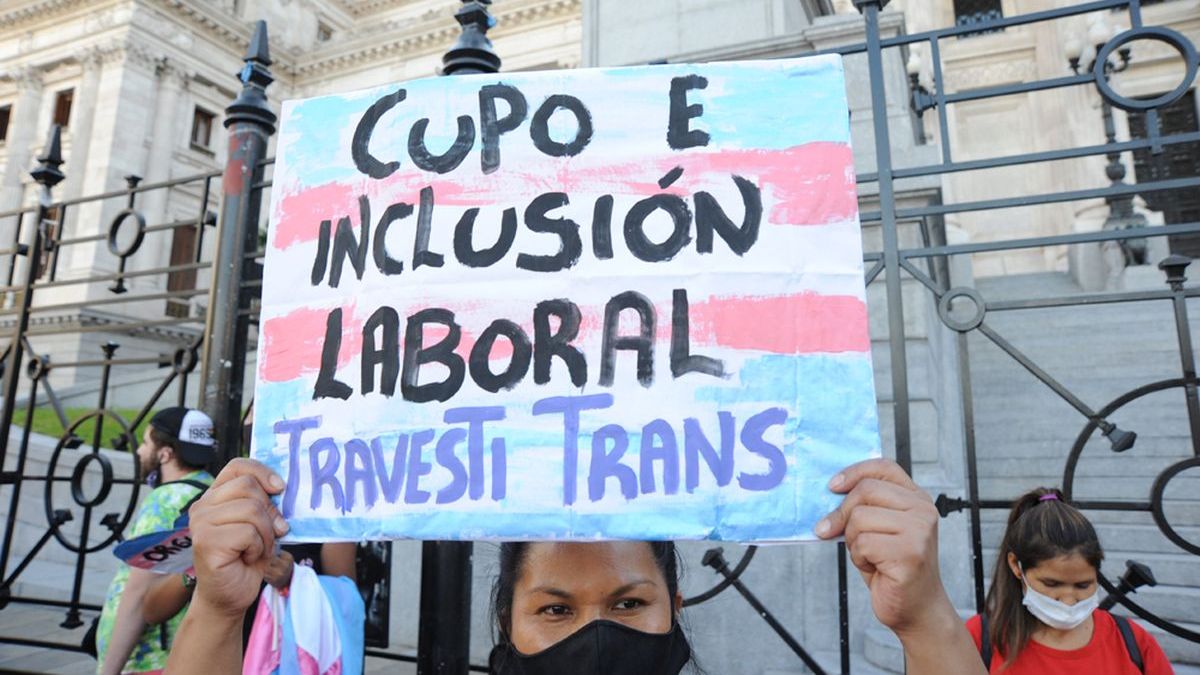These elections take place in a very particular context, after almost two years of a pandemic that impacted the entire society, but which affected women and other identities more. This is observed, for example, in the income gap, which, although it has been a reality since before the pandemic, has worsened recently.
Regarding this issue, the candidate of La Libertad Avanza, Javier Milei, in a recent interview, he denied the existence of such a gap. “If it were true that women earn less, companies would be full of women”, said.
According to a study by Feminist Economics, between the first quarter of 2020 and the first of 2021, that is, when there were the greatest restrictions to face the pandemic, the income gap between men and women increased by 10%, reaching 25.6%, while this year, the unemployment rate is 12.3% for women, and 8.5% for men. Regarding trans women, there is no information, but it is a population employed almost exclusively in the informal sector, mostly practicing sex work.
Regarding specific laws for women and the LGBTIQ + communityThis year there were two great advances. On the one hand, the transvestite job vacancy, that guarantees 1% of jobs in state agencies. On the other hand, the law of equity in media representation, that promotes gender parity from a diversity perspective. Although both laws were passed, there was also resistance. The quota law, although it was approved by a large majority, in both chambers he had his rejections and abstentions, that in all cases they were from the Juntos por el Cambio bench. In the case of the law that promotes gender parity in the media, when the Chamber of Deputies signed the bill into law, the bench of Together for Change withdrew from the venue, and those who stayed voted against. Returning to the candidate Javier Milei, Although his party today has no representation in Congress, in the aforementioned interview he also stated that by “creating a right in favor of someone, you are punishing another party.”
Economic inequalities due to gender issues are a reality, and the pandemic only accentuated them, so developing policies that can address these asymmetries is essential. From Grow we work to make these situations visible, and build a fairer society in the way out of this crisis.
Grow, gender and work project coordinator
Source From: Ambito




